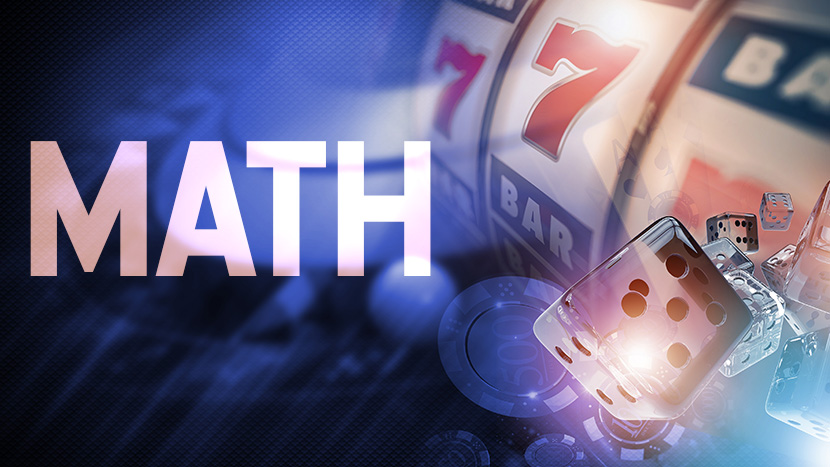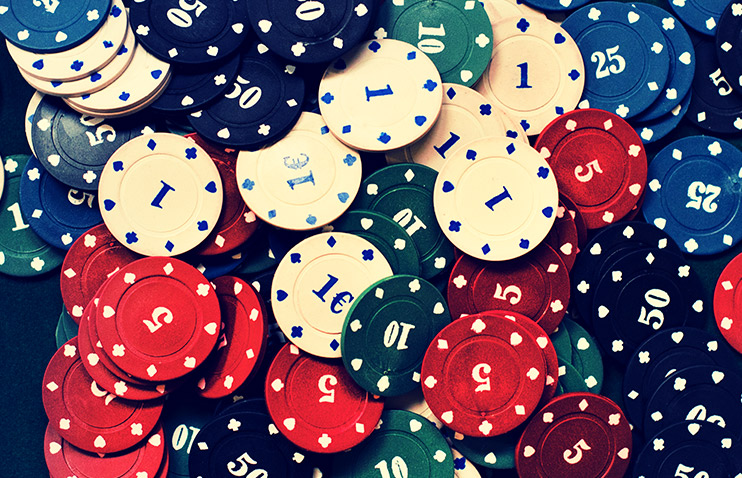The mathematics of deception: why casinos are always in the black?
Many people would not mind winning the jackpot at the casino, and it does not matter whether it is a physical institution or a European online casino. However, not everyone can take a risk and try their luck. And rightly so. Because the chances of winning are slim, but to lose you would have to do it more than once because the casino is set up in such a way that it always keeps winning. Knowing this, many would decide that the administration of the gambling establishment deceives its visitors. This is not the case. But today we will explain why fortune is usually on the side of the institutions and not the players.

Deception or a pattern?
Of course, some unscrupulous employees of gambling establishments or even the administration itself which is interested in fast receipt of super-profits can go on direct fraud, using some or other illegal tools. However, most gambling establishments are still afraid to be caught by hand and caught cheating primarily because of the great competition in this business. The more so that casinos never lose, and occasional winnings of lucky individuals only allow fueling the interest of those who provide the welfare of the establishment and its owners with their rubles.
Over two and a half centuries of the existence of the casino as a phenomenon people have come up with dozens, if not hundreds of “methods of winning. Today, most of them can be found both for free and for a “modest fee” on the expanses of the Internet. “Martingale”, “Positive Progression Strategy”, “Favorite Number”, “Biarritz System”, “Imperfection of the Wheel”, “Series of Failures” and many others – not to count the number of invented methods to win the casino. Here’s just 9.9 out of 10 of the proposed methods in practice do not work.
And all because the underlying principle of those or other gambling entertainment used in casinos to make money is parts of such a section of mathematics as the theory of probability. Most gambling stands with both feet on the law of large numbers, the limit theorem, and Markov chains. And those who have at least some idea of something listed above will make the most correct conclusion: the best way to make money in the casino is not to go to him.
The bottom line is that casinos allow people to win quite a lot of money just because the institution itself, by that point, earns a lot more from the players. For a better understanding, let’s break down three of the most popular examples.
Roulette
The roulette wheel is divided into 37 sections: from 1 to 36. One “zero” section is the cell that guarantees the casino’s profits. In American roulette, the reel has 38 sections with two “zero” cells. Roulette players bet on specific numbers, groups of numbers or “even odds”: even-red, even-odd, etc. The amount of profit is determined by the difficulty of guessing. To guess the number on which the ball hits – to get the biggest winnings. Guessing the colour or odd-even number brings the player much less money.
For example, a player bets on a number. What are his chances of winning? Almost zero: In 36 or 37 probabilities, the player will lose money. If the player bets on colour or even, the odds are 18 out of 37. What fuels players’ interest is the fact that winning seems to pay generously – 35 to 1. And since most people lose, the casino more than covers its losses from winning one. Earnings from roulette for the casino is calculated roughly as follows: (36/37*1 dollar) – (1/37*35 dollars) = 1/37 = 2.7 cents. Needless to say, in reality, but not in the formula rates are much higher than $ 1, and therefore casino earnings are astronomically more. Do not forget about the “zero” and “double zero” on the reel, which can, with a probability of 2.7% or 5.4% of the casino take absolutely everything in your bank.
Dice
Extremely uncomplicated, but very popular gambling in casinos and https://www.newonline-casinos.co.uk/fortune-clock-casino/ . The rules in most cases are simple as fire. The player throws a pair of dice. If the sum of points on them equals 7 or 11 – wins. If the sum of points is 2, 3, or 12 – he loses. Any other order of values is a roll of dice to get a losing or winning combination. All other participants in this action, standing around make bets on the thrown values trying to guess.
It would seem that all is fair, trivial probability. And all fair! It’s just that the point is not in the game, but in the rates set by the casino to win. And exactly how the bets relate to the values of the theory of probability. The dice bet is 30 to 1. Thus, it is artificially undervalued, since the probability of 6+6 or 1+1 combinations is 1 in 36. Thus, even with a winning combination of dice, the casino still makes the difference.
Slot machines
The most accessible and one of the most popular ways of gambling pastime. The world art culture is full of grim stories about how evil employees “twist” in the right direction “one-armed bandits”. The “twist” them back, shall we say, at the factory. The slot machine is programmed by default in such a way as to return to the players (not a specific player) a certain amount of money. More often than not, it’s some sort of 80% to 90% figure. In some old Las Vegas casinos, it is 98%. Thus, it turns out, as in the old joke: here is this 2% of the casino and lives on.

Conclusion
As you can see, casinos are pure mathematics, not fraud and related schemes. That is why institutions do not have a bad reputation, and the number of fans is increasing. And the
lucky ones are the category of players who still managed to hit those small percentages that are not included in the theory of probability.
































































































